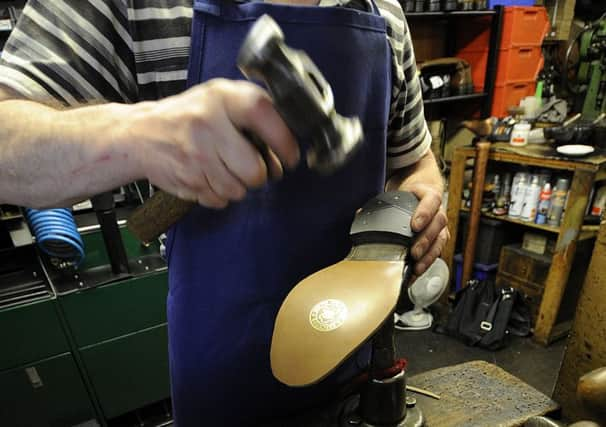Stitch in time worth £340m for '˜make do and mend' economy
This article contains affiliate links. We may earn a small commission on items purchased through this article, but that does not affect our editorial judgement.


With wage growth failing to keep pace with rising inflation, online business finance outfit Funding Options said more consumers are opting to extend the useful lifespan of items such as electronics and household appliances rather than splashing out on replacements goods.
Advertisement
Hide AdAdvertisement
Hide AdFunding Options founder Conrad Ford said: “The ‘make do and mend’ economy was given a jump-start by the recession, and it has now become the new normal for many. As real wages continue to stagnate, more and more people are making economies by ensuring their phones, TVs and washing machines last longer. Repairers are reaping the benefit of people taking austerity to heart.”
The firm’s research found that consumer electronics retailers have seen their turnover rise 22 per cent in the past five years as they benefit from consumers’ willingness to pay “substantial” sums for repairs to damaged high-tech gadgets such as smartphones instead of shelling out up to £900 for a new handset.
Meanwhile, revenues among repairers of shoes and leather goods have risen 34 per cent as shoppers cut back on their budgets. According to data from the Office for National Statistics, clothing and footwear sales in the UK dropped by £30m in the year to March – the first fall since the height of the financial crisis of 2008-09.
Ford: “This is a growing niche market, which has traditionally been seen as something of a cottage industry. But bigger players like Timpson are growing strongly.”